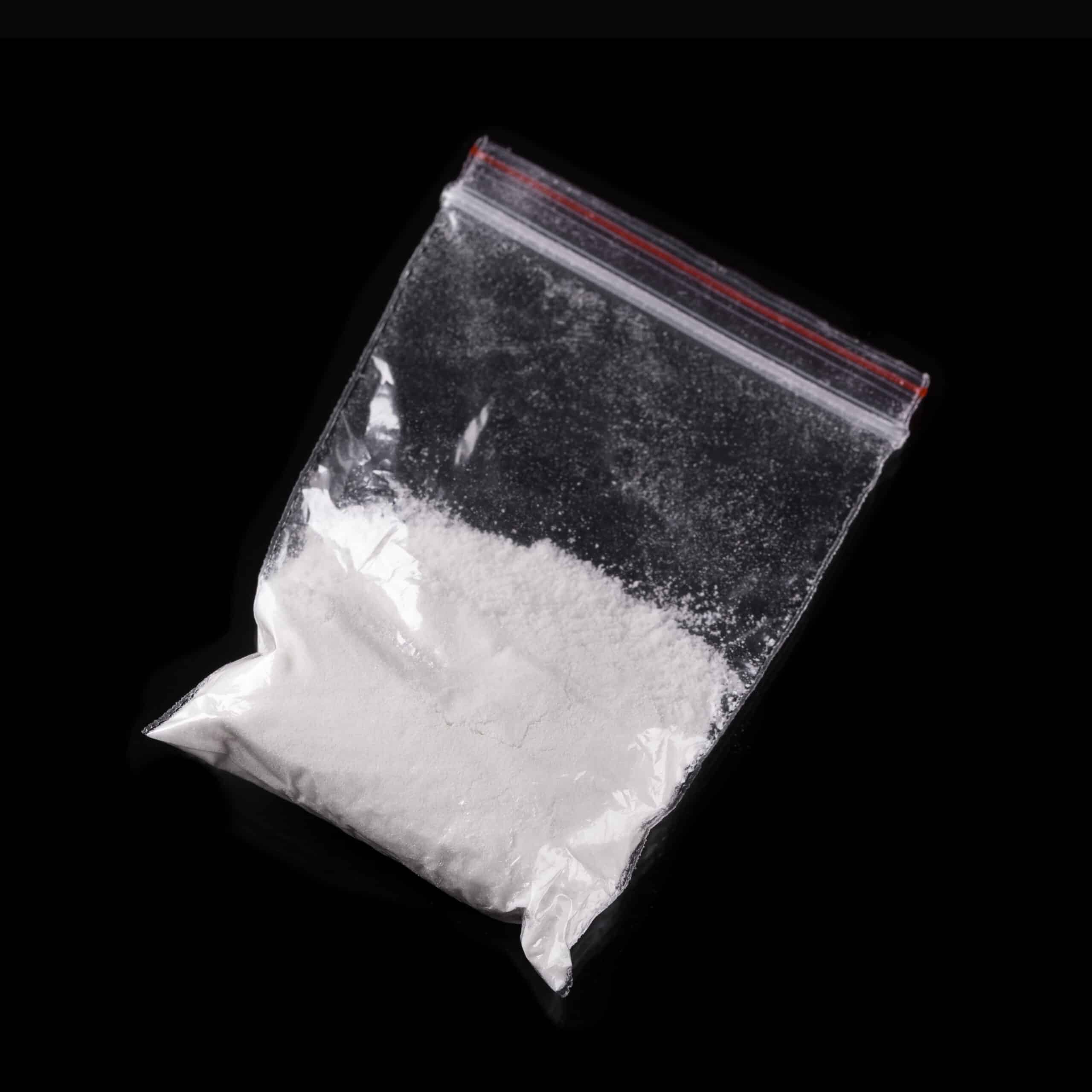Cocaine Facts: The Not-So-Fun Truth About Coke
Written By:
Updated on:

Table of Contents
Cocaine, also known as coke or crack when in its free base form, is a highly addictive stimulant that comes from the leaves of the South American Erythroxylon coca bush. The drug primarily affects the body’s central nervous system and produces immediate effects to areas of the brain when used that regulate mood, survival drive, and feelings of pleasure.
Cocaine is mostly taken recreationally and can be either snorted, smoked, or injected in order to achieve its powerful effects. The direct and dramatic changes that the drug causes to users’ brain chemistry and behavior are only made more insidious when considered in the context of its highly addictive potential. When you detox from cocaine, there will be withdrawal side effects. It is important to do this at a cocaine detox center in New Jersey.
Lesser-Known Cocaine Facts
- Until 1903, cocaine was actually used as an ingredient in sodas produced by The Coca-Cola Company. In fact, cocaine is the origin of the “Coca” in the brand name!
- In several studies, cocaine residue was found on up to 80% of U.S. dollar bills, qualifying them as “cocaine-contaminated”.
- Frequent users of the drug build a tolerance to the drug over time, which requires them to take more and more hits to feel the desired effects.
- Because the Erythroxylon coca bush that cocaine is derived from is most commonly found in South America, the drug has become a major common export earner for some South American countries.
Cocaine Statistics
- Coming just behind marijuana, cocaine is the second most commonly used illicit drug in the United States.
- Approximately 10% of those who take the drug will end up using it more heavily with dangerous consequences.
- Men have been found to smoke cocaine more than women.
- More than 400,000 babies annually in the United States are born addicted to cocaine.
Effects of Cocaine on the Mind and Body
As one of the most powerful and addictive illicit drugs, cocaine produces a number of side effects that can become even more intense and harmful to users through frequent or excessive use.
Short-term and long-term use of the drug can have detrimental effects on the heart, lungs, kidneys, liver, as well as the mucous membrane of the nose.
Mental Effects Include:
- Anxiety or nervousness
- Restlessness
- Paranoia
- Disorientation
Other Physical Effects Include:
- Dilated pupils
- Increased body temperature
- Increased heart rate and blood pressure
- Constriction of peripheral blood vessels
Sudden death can also occur even when using the drug for the first time, as well as on any occasions afterward, as a result of either a seizure or cardiac arrest.
Legal Facts About Cocaine Use
The most obvious legal fact to state as it concerns cocaine is that it is illegal within the United States to either possess or use the drug for recreational purposes. However, there are additional specific legal consequences that are also important to be aware of:
- Under the state laws of California in particular, simple possession of cocaine can result in a maximum three-year prison sentence.
- However, possession with intent to sell the drug is considered a felony under California jurisdiction and can be punishable through up to five years in prison.
- Federal law provides consequences either a $250,000 fine, at least five years in prison, or both. Penalties for possession, use, and the trafficking of cocaine also vary state by state.
- First-time possession of 28 grams of crack cocaine or 500 grams of powder cocaine is punishable by a mandatory five-year prison sentence.
- Under federal law, first-time trafficking offenders and low-level dealers receive average prison sentences of 10 years and six months. First-time offenders of cocaine trafficking face penalties of five years minimum, and second offenders no less than ten years.
Cocaine Addiction Treatment
If you or a loved one is struggling with substance abuse, know that compassionate and specialized crack rehab programs are available to help guide you toward recovery and healing. Quitting addictive drugs alone is difficult and potentially deadly. For residents of New Jersey and the surrounding areas, you can call our cocaine addiction treatment center in New Jersey or contact us online for help.
Additional Sources
https://medlineplus.gov/cocaine.html
https://ca.org/for-the-public/


